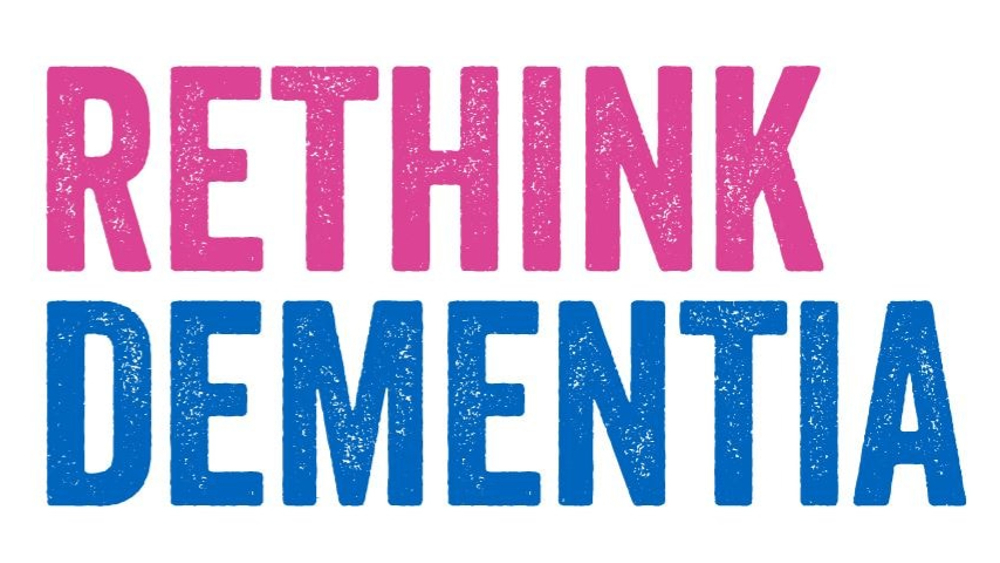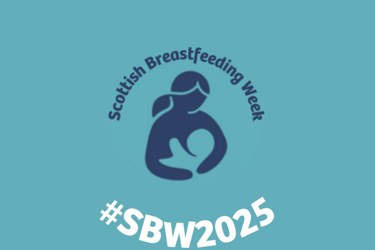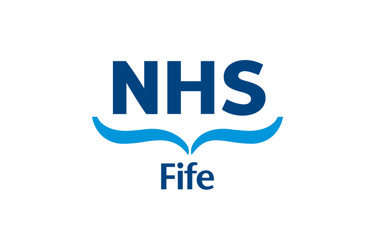The stigma attached to dementia stems partly from this misunderstanding: that those with a diagnosis are less capable and possibly unpredictable. Consequently, people with a diagnosis often find their relationship with friends and family can change to become more limited or stop all together as they worry about that person’s ability to engage in ‘normal’ social interactions given their illness.
Rethink Dementia has been developed in response to insights which show that social contact can help improve overall wellbeing.
If a friend or relative is diagnosed with dementia it’s natural not to know what to do, but helping someone stay connected and socially active can help them stay well for longer.
Key messages
- By focusing on the person, not the condition, you can help them get the most from life and stay well for longer
- Be yourself. Your friend or relative haven’t changed overnight
- Avoid making assumptions and decisions on that person’s behalf – ask and listen to their thoughts
- Just popping in for a cup of tea, going to the shops together, going for a walk or continuing to enjoy a hobby together, listening to music, inviting them round for dinner – these things all help people stay connected and socially active
How to help a friend or relative who has been diagnosed with dementia
- When a friend or relative is diagnosed with dementia it’s natural not to know what to do, but helping someone stay connected, socially active, and doing many of the things you’ve always
done together, can help them stay well for longer - Making an effort to maintain social contact can help alleviate symptoms of depression, agitation, sleep disturbance, anxiety and apathy that often come with dementia
Reducing these symptoms could help improve their wellbeing. For more information visit nhsinform.scot/RethinkDementia

Other Articles

The Breastfeeding (Scotland) Act 2005 celebrates its 20th anniversary this year
01 June 2025
Statement - Development of local transgender policy
30 May 2025